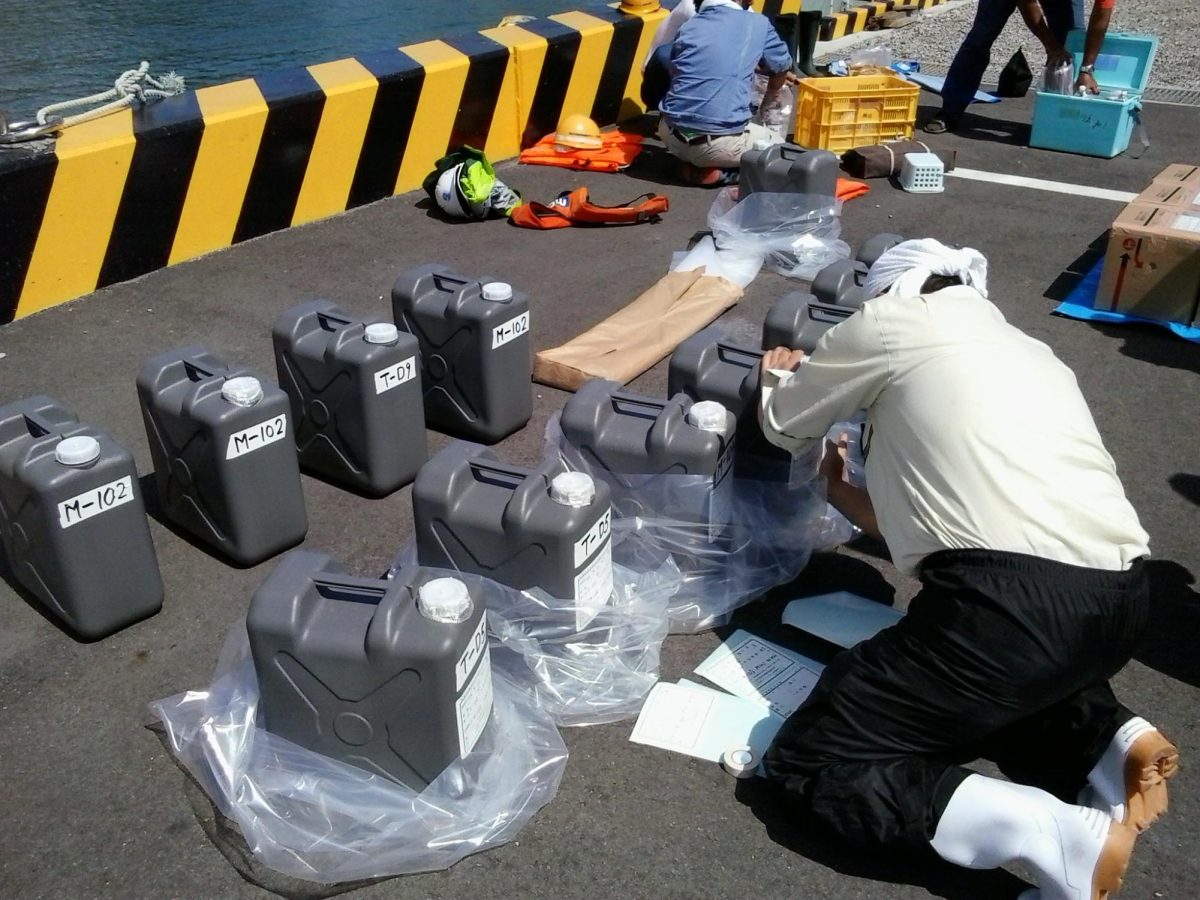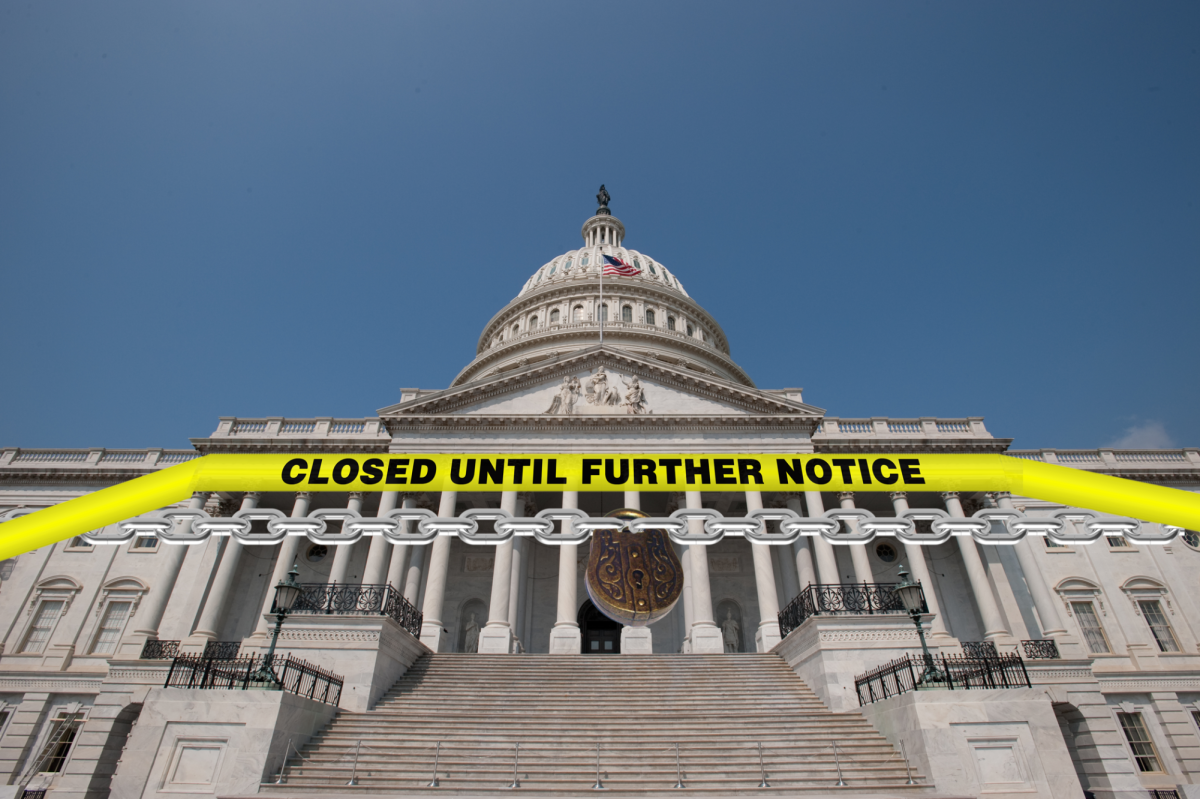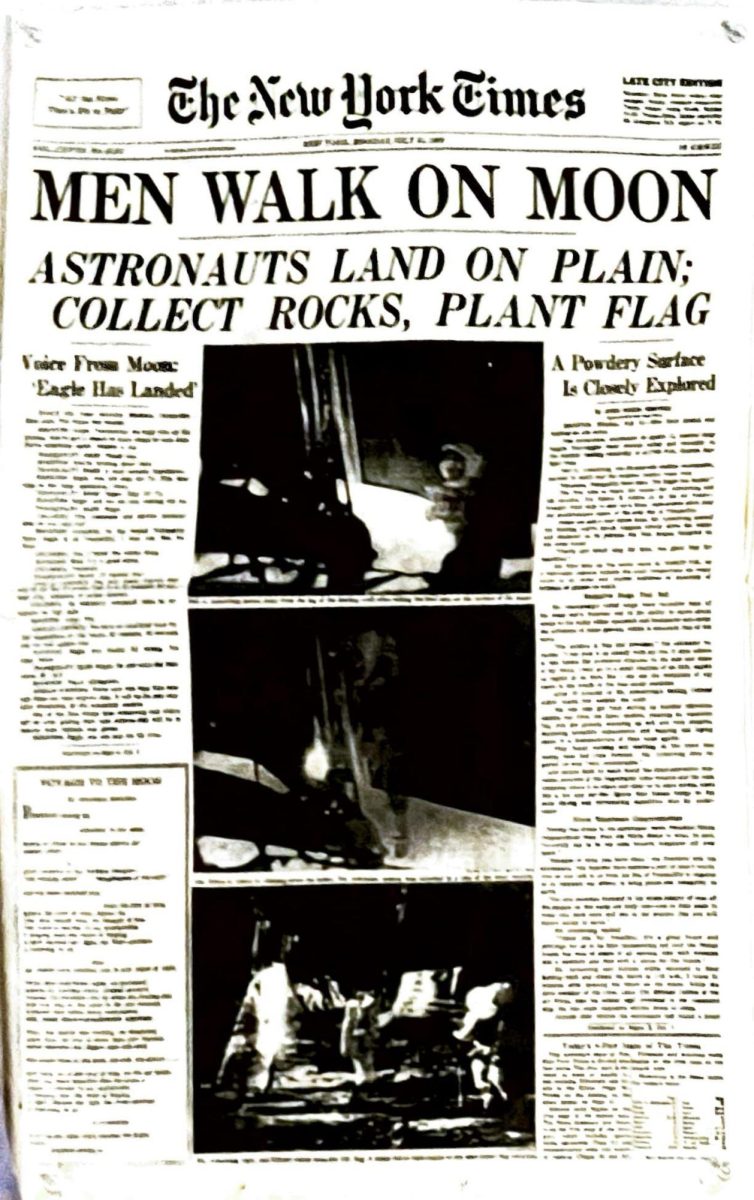Nuclear wastewater refers to the wastewater generated by nuclear power plants during normal daily activities, such as water used for cleaning, dust removal, desalination, etc., or water used to cool key parts of nuclear power plants. This water will not come into contact with radioactive materials in the nuclear reactor and can be discharged through pipes after strict treatment.
Nuclear wastewater is not equal to nuclear sewage, but are sometimes confused. Nuclear sewage is even more harmful, containing 64 types of nuclear radioactive substances including tritium.
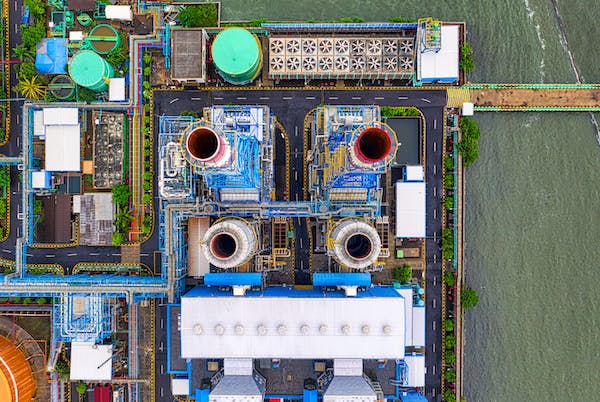
Author: Tom Fisk
According to Kyodo News, Japan’s Tokyo Electric Power Company began preparations for the second round of discharge of nuclear sewage from the Fukushima Daiichi Nuclear Power Plant on October 3. It measured the concentration of tritium in the nuclear sewage that will be discharged into the ocean. If the concentration meets its requirements, The so-called “standard” will officially start the second round of nuclear-contaminated water discharge into the sea on October 5. The discharge volume of the second round of sea discharge plan is about 7,800 tons, and the discharge period is about 17 days.
Nuclear wastewater mainly contains tritium, a radioactive isotope of hydrogen, with a half-life of 12.3 years. Although tritium has low radioactive intensity, because it is similar to ordinary hydrogen, it can combine with oxygen to form tritium oxide (heavy water), thereby entering the body or the environment. Tritium also has certain effects on the human body and the environment, such as affecting cell division and gene expression. The concentration and proportion of tritium in nuclear wastewater vary depending on the source and circumstances, but are generally below international standards and safety limits.
According to data from Tokyo Electric Power Company, the nuclear contaminated water from the Fukushima Daiichi Nuclear Power Plant contains 64 a radioactive substance.
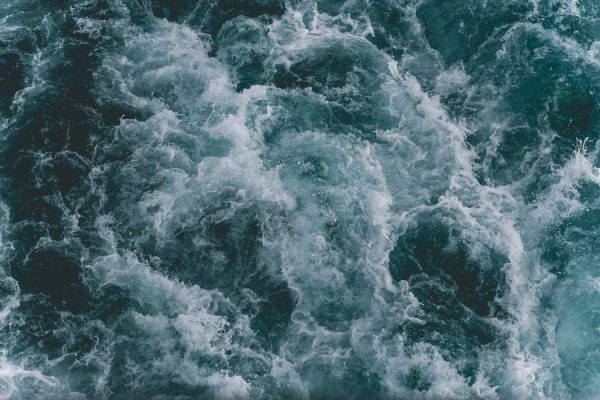
Author: Muffin Creatives
In this regard, ERHS student Cindy Cui said that the ocean is not Japan’s trash can, and the Pacific Ocean is not Japan’s sewer. Japan should not make the whole world pay for its treatment of nuclear wastewater.
At the same time, ERHS student Daisy Song said that the Japanese government’s forced plan to discharge nuclear-contaminated water into the sea is a serious breach of trust.
After nuclear wastewater was discharged into the sea, many countries announced bans on Japanese products, including water and seafood. This has caused a sharp decline in Japanese aquatic products and seafood products, which is undoubtedly a major crisis for the Japanese economy.

Author: Valeria Boltneva
This also destroys the ecological balance in the ocean. Creatures in the ocean will face the risk of becoming homeless or even dying in large numbers.

